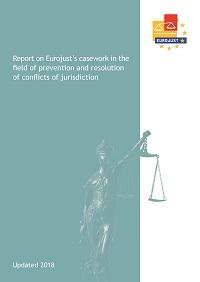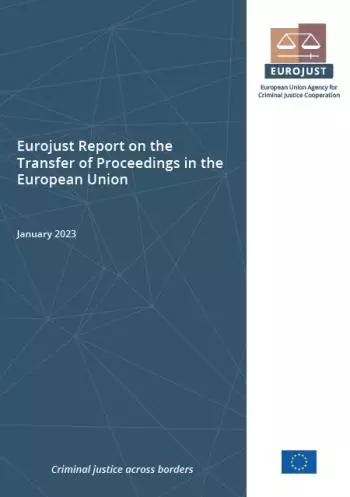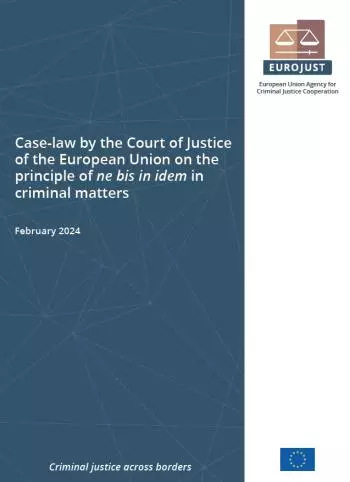In recent years, the increase in European cross-border crime has led to a growing number of cases in which multiple Member States have jurisdiction to prosecute and to take such cases to trial. Parallel proceedings, where investigations into the same crime take place in two or more Member States, can be beneficial in combating crime more effectively.
However, in certain situations, the parallel progression of cases in separate jurisdictions can compromise the outcome of investigations, eventually resulting in what is known as a violation of the ne bis in idem principle, also known as double jeopardy. Such a principle constitutes a fundamental right, which aims to ensure that no individual is prosecuted for the same acts in separate Member States. In such situations, a decision must be made regarding which State is better placed to prosecute and ultimately bring the case to trial.
As part of its mission to facilitate judicial cooperation, Eurojust often assists national authorities in areas such as conflicts of jurisdiction and transfer of proceedings, as well as cases involving potential ne bis in idem issues. Eurojust helps facilitate preliminary contacts and consultations between competent authorities, coordinate their actions, encourage and expedite the exchange of information, and advise on which jurisdiction is the better placed to prosecute in the best interest of justice. For the latter, Eurojust has published a set of guidelines to help national authorities determine which jurisdiction is better placed to prosecute.



